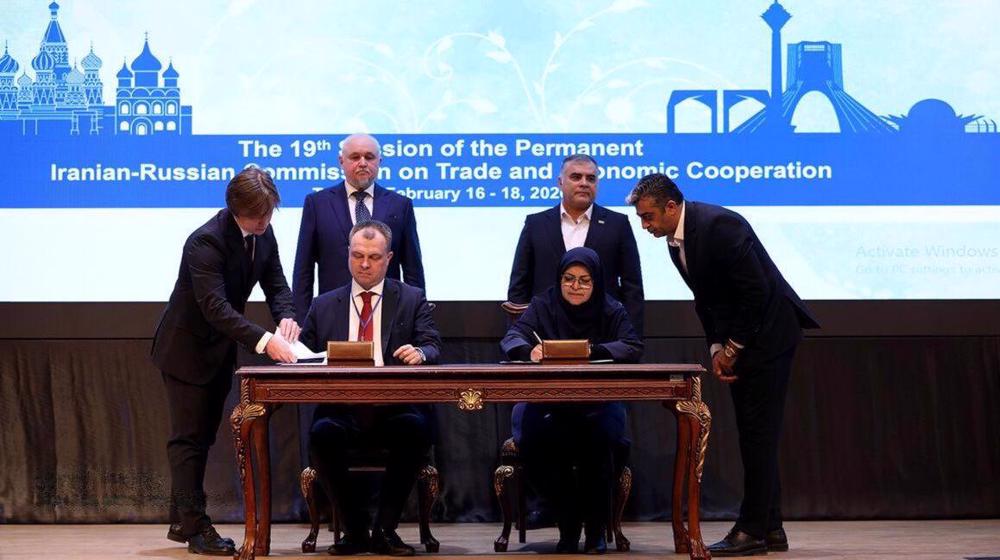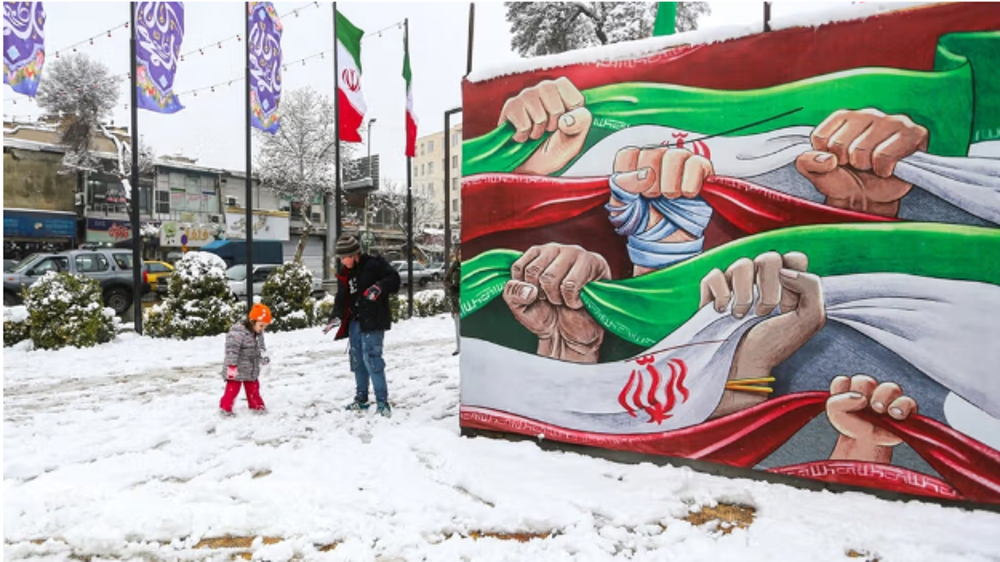Iran, Britain upgrade ties to ambassador level after 5 years
Iran and Britain have reportedly exchanged ambassadors for the first time since 2011 in another sign of warming relations between the two countries.
The Islamic Republic named Hamid Baeidinejad, the director general for political and international security affairs at Iran's Foreign Ministry, as its new ambassador to Britain, an informed source said on Monday.
Baeidinejad had also been a senior member of the Iranian negotiating team with the P5+1 group of countries which led to striking a historical nuclear agreement, known as the Joint Comprehensive Plan of Action (JCPOA), on July 14, 2015.
“On Monday evening, Hamid Baeidinejad, our country’s new Ambassador to Britain and Nicholas Hopton, the new British ambassador to Tehran, appeared at the countries’ foreign ministries simultaneously and met with the two foreign ministers and handed over a copy of their credentials to them,” the source at the Iranian Foreign Ministry said.
Hopton had previously served as Britain's ambassador to Qatar and Yemen.
The source added that the Iranian and British embassies have been operating over the past year and the two countries’ charges d’affaires have been managing all affairs.
However, Tehran and Britain decided to appoint their ambassadors after grounds were prepared for the two sides to improve relations, the official noted.
The informed source further said the improvement of mutual relations is not tantamount to the settlement of issues arising from some differences between the two countries.
Britain reopened its embassy in Tehran in August 2015 as a sign of improvement of mutual ties between the two countries after hundreds of Iranian students staged a protest outside the embassy in 2011, censuring the expansion of UK sanctions on the Islamic Republic.
"The upgrade in diplomatic relations gives us the opportunity to develop our discussions on a range of issues, including our consular cases about which I am deeply concerned," British Foreign Secretary Boris Johnson said in a statement on Monday.
"I hope this will mark the start of more productive cooperation between our countries, enabling us to discuss more directly issues such as human rights and Iran's role in the region," it added.
In a telephone conversation between British Prime Minister Theresa May and Iranian President Hassan Rouhani on August 9, the two sides said mutual relations have developed positively since the signing of the JCPOA and that both sides should continue to advance the relationship.
The Iranian president said Tehran welcomes the further development of cooperation with London.
Britain shut down its embassy in Tehran in November 2011 and withdrew its diplomatic staff after hundreds of Iranian students staged a protest outside the British embassy in Tehran against the expansion of UK sanctions on Iran, pulling down the UK flag and demanding the expulsion of the British ambassador.
In late November 2011, Iran’s parliament (Majlis) approved a bill to downgrade the diplomatic ties between Tehran and London to the level of chargé d'affaires, and limit all economic and cultural collaborations to the minimum level.
Nearly two years after their diplomatic ties were severed, Iran and Britain agreed in October 2013 to appoint non-resident chargés d’affaires as a first step toward reestablishment of their ties.
Russia continues to develop relations with Iran: Kremlin
VIDEO | Friends of Palestine meet at UN in Vienna
Trump’s war-mongering on Iran sparks sharp rebuke from US lawmakers
Top American columnist warns of Netanyahu exploiting Trump for Iran war
VIDEO | Press TV's news headlines
VIDEO | Global leaders discuss AI governance at India summit
People, faith, history, sovereignty: Unpacking Leader's latest speech and warning to Trump
US troops block Lebanese forces after drone downed at shared airbase: Report










 This makes it easy to access the Press TV website
This makes it easy to access the Press TV website